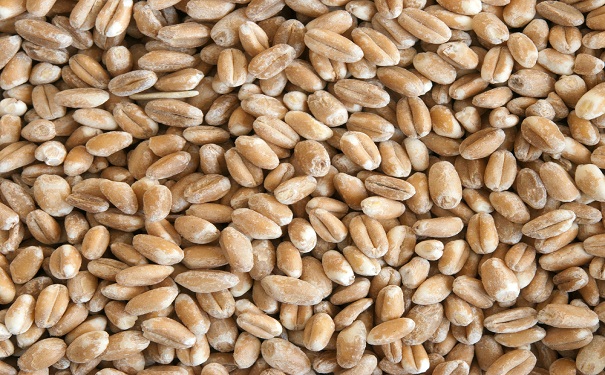
Until now, sufferers have had to eliminate wheat from their diet. Image: Shutterstock.
The first potential vaccine for coeliac disease has shown promise in the Phase I clinical trials.
Up to one percent of the world’s population is affected by coeliac disease, an autoimmune disease caused by an immune reaction to the gluten proteins in barley, rye and wheat. The immune response damages the lining of the small intestine and affects its ability to absorb nutrients.
Until now, the only treatment was to remove all gluten from your diet. But scientists from the Walter and Eliza Hall Institute of Medical Research have developed a vaccine, Nexvax2®, which aims to build a tolerance to a toxic trio of peptides found in gluten.
Dr Bob Anderson, who identified the peptides last year, said in the press release “Nexvax2® aims to desensitise patients to the three specific peptides in gluten that we have previously identified as “˜toxic’ to people with coeliac disease.”
The Phase I trials in Melbourne evaluated the bioactivity, safety and tolerance of weekly injections of the vaccine for patients on a gluten-free diet over a three week period. At the highest doses, the patients experienced similar symptoms to those associated with eating gluten products, suggesting the vaccine uses the correct peptides for developing a gluten tolerance.
Dr Anderson estimates that the vaccine would be suitable for treating approximately 90 percent of coeliac disease sufferers. “In our Phase I trial, we saw a Nexvax2®-specific T-cell response that confirms the desired bioactivity in HLA-DQ2 genotype patients.
“We expect the vaccine to enter Phase II trials within the next 10 months, and hope to demonstrate a dramatic reduction in the body’s rejection of dietary gluten so patients can resume a normal diet and return to good health.”
Dr Anderson said the peptides can also be used as part of the diagnostic process. “Diagnosing coeliac disease can be quite costly, requiring invasive tests and biopsies to confirm the disease.
“The results of a population study suggest that a combination of blood and genetic testing could effectively diagnose coeliac disease without these painful and invasive tests, with up to 50 per cent reduction in costs as well, which creates a win-win situation.”






